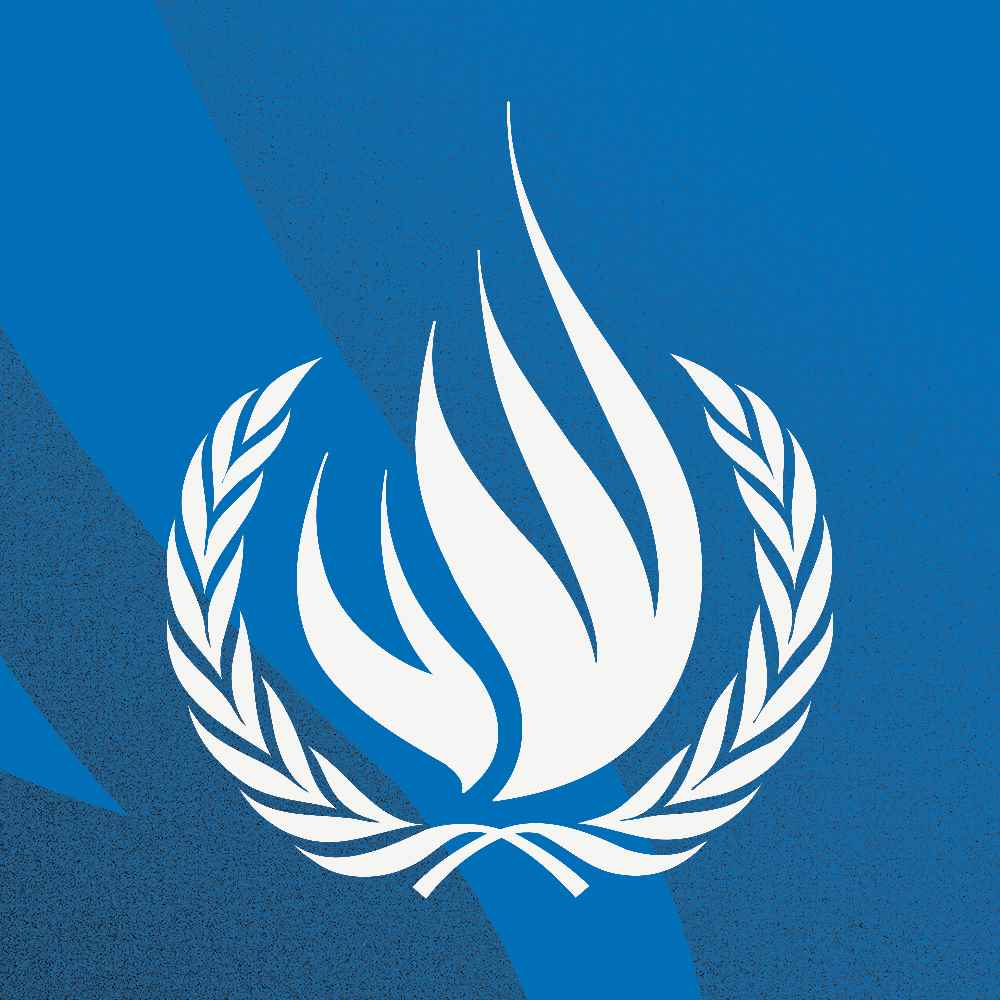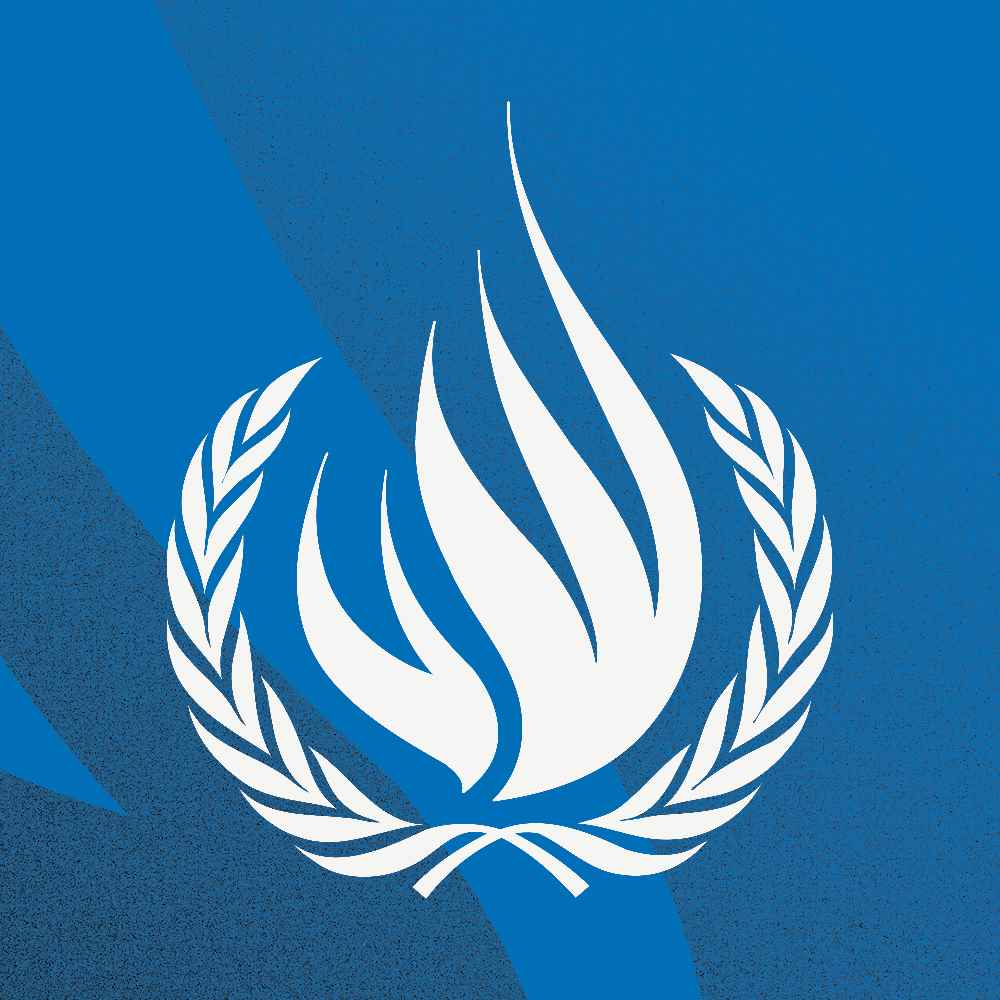
GENEVA (10 March 2023) – The recruitment of prisoners serving sentences in Russian correctional facilities for the private military and security contractor known as the “Wagner Group” was alarming, UN experts* said today.
“We are deeply disturbed by reports of visits by members of the so-called Wagner Group to correctional facilities in various regions of Russia, offering pardons for criminal sentences to prisoners who join the group and take part in the war in Ukraine, as well as a monthly payment to their relatives,” the experts said.
They said the Wagner Group has allegedly recruited both Russian and foreign nationals serving sentences in correctional facilities.
The UN experts received reports of the use of pressure tactics by Wagner recruiters, suggesting that in some cases recruitment was carried out through threats or intimidation. In some cases, while recruiters were visiting facilities, detainees were reportedly denied communication with their families and lawyers, which could amount to or expose them to enforced disappearance.
“Reports that recruited prisoners were allegedly taken to a detention facility in the Rostov region for training before being sent to Ukraine, and that they were transferred to Ukraine without identification documents and required to sign a contract with the Wagner Group, are deeply disturbing,” the experts said.
“We are particularly concerned that the Wagner Group has extended its recruitment to correctional facilities in the Donetsk region of Ukraine,” the experts said.
They warned that the reported practice of recruiting prisoners under threat of punishment or intimidation and forcing them to take part in hostilities could also lead to violations of the right to life.
“The prisoners are reported to have been deployed in the Donetsk and Luhansk regions of Ukraine and to have been involved in a range of activities – including providing military services, rebuilding infrastructure, and taking direct part in hostilities on the side of the Russian forces,” they said.
“Wagner Group recruits are alleged to have participated in human rights and humanitarian law violations in the context of the ongoing armed conflict in Ukraine,” they said, “including enforced disappearances of Ukrainian soldiers and officers captured during hostilities with Ukrainian forces.”
“We are troubled by allegations that recruited prisoners are regularly threatened and ill-treated by their superiors,” the experts said. “We have information that several recruits have been executed for attempting to escape and, in other cases, seriously injured in public as a warning to other recruits. Such tactics constitute human rights violations and may amount to war crimes,” they said.
States have an obligation to regulate and monitor the activities of private military and security contractors, including the recruitment of personnel, the status of these contractors, their activities, and modes of incorporation, the experts recalled. “The Government of the Russian Federation has an obligation to exercise the utmost vigilance to protect detainees from violence, exploitation and intimidation,” the experts said.
“States have an obligation to prohibit private individuals and companies from exploiting the vulnerability of prisoners for profit,” they said.
The experts have expressed their concerns about these allegations to the Government of the Russian Federation and to the Wagner Group.
*The experts: Ravindran Daniel (Chair-Rapporteur), Jelena Aparac, Carlos Salazar Couto, Chris Kwaja, Sorcha MacLeod, The Working Group on the use of mercenariesas a means of violating human rights and impeding the exercise of the rights of peoples to self-determination; Aua Baldé (Chair-Rapporteur), Gabriella Citroni (Vice-Chair), Angkhana Neelapaijit, Grażyna Baranowska, Luciano Hazan, Working Group on Enforced or Involuntary Disappearances; Morris Tidball-Binz, Special Rapporteur on extra-judicial summary or arbitrary executions; Alice Jill Edwards, Special Rapporteur on Torture and Other Cruel, Inhuman or Degrading Treatment or Punishment
The Special Rapporteurs, Independent Experts and Working Groups are part of what is known as the Special Procedures of the Human Rights Council. Special Procedures, the largest body of independent experts in the UN Human Rights system, is the general name of the Council’s independent fact-finding and monitoring mechanisms that address either specific country situations or thematic issues in all parts of the world. Special Procedures’ experts work on a voluntary basis; they are not UN staff and do not receive a salary for their work. They are independent from any government or organization and serve in their individual capacity.
For additional information and media requests, please contact: Ms. Laura Ramirez, OHCHR (laura.ramirezbarrios@un.org) or hrc-wg-mercenaries@un.org
For media inquiries related to other UN independent experts, please contact Maya Derouaz (maya.derouaz@un.org) or Dharisha Indraguptha (dharisha.indraguptha@un.org)
Follow news related to the UN’s independent human rights experts on Twitter @UN_SPExperts.
Concerned about the world we live in?
Then STAND UP for someone"s rights today.
#Standup4humanrights
and visit the web page at http://www.standup4humanrights.org












